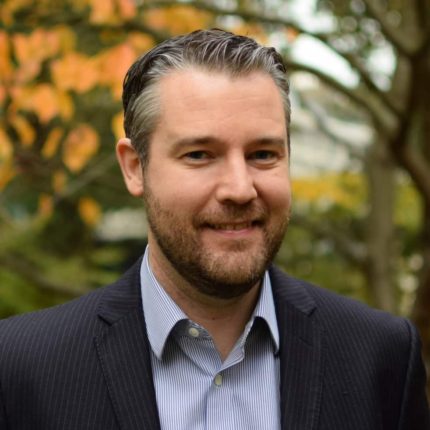Dispatches from Day Two of The Festival of Higher Education
Alistair Jarvis is Pro Vice Chancellor (Partnerships and Governance) at the University of London.
Tags
Drawing on recent research by Wonkhe for Advance HE, a panel of sector leaders – Shân Wareing (University of Northampton), Ken Sloan (Harper Adams), Rita Akushie (University of London) and Alison Johns (Advance HE) – considered the evolving skills needs of universities. The panel shared experiences of skills development, retention, academic and professional career paths, and making the best use of a diversity of skills and experiences.
Central to the discussion was the importance of supporting leadership development at different levels of universities – encouraging and valuing leadership behaviours – and recognising the positive impact of devolving leadership. Comparative perspectives were considered, including what universities can learn from other sectors and from universities overseas.
The value of recruiting people with a diversity of experiences was explored, including the ways in which universities can attract talent from other sectors. Fostering a positive working environment, embracing technology, designing interesting purpose-driven roles and the social impact of universities were identified as issues that support the attraction and retention of talent staff.
A highlight of the festival was hearing influential author, commentator and former The Times columnist (as well as former NUS president) David Aaronovitch in conversation with Wonkhe’s Editor in Chief Mark Leach on the main stage.
David gave a witty and insightful take on the state of politics, the media, universities and British society. A packed full room enjoyed a fascinating conversation, ranging from issues of free speech to culture wars, from university leadership to social mobility – and much more. Alongside sharp analysis and critique of contemporary political issues and their interplay with universities, this was also the session which got the most laughs from the audience!
Later on a panel of international higher education experts – Mary Stiasny (University of London), Jamie Arrowsmith (Universities UK), Joanna Newman (SOAS) and Bobby Mehta (University of Portsmouth) – tackled some of the toughest issues facing universities with global aspirations. The debate addressed the challenges of global conflict, building equitable educational partnerships with universities in the developing world, the environmental impact of internationalisation, and the political pressures of immigration policy and international students as well as the views of local communities.
An unusual feature of Day Two of the festival was the live recording of two podcasts on the main stage.
The Power Test – a new political podcast hosted by Ayesha Hazarika and Sam Freedman – considered the big issues facing universities today, the key policy and political challenges facing an incoming administration on higher education, and what choices will need to be taken in order to strengthen UK universities. Episode guests included James Purnell (UAL), Vivienne Stern (Universities UK) and Mark Leach. The discussion covered the value of international students to the UK, the impact of widening participation in HE, the need for funding reform, and the impact of the pandemic on universities and students.
Over the lunch break I had the pleasure of being a guest – alongside Eve Alcock of QA and, Wonkhe’s editor Debbie McVitty – on a special recording of The Wonkhe Show podcast, live on the festival main stage.
Later in the afternoon the Wonks’ Stage saw the launch of a report by Demos and the University of London on how AI and other new technologies are transforming the labour market, and what this might mean for the future of universities. The report highlights how automation may change or replace entry-level roles, arguing that this could free up graduates to focus on softer-skills like critical thinking, creativity and personal relationships. A panel of speakers – Polly Curtis (Demos), Vicki Stott (QAA), Wendy Thomson (University of London), Richard Brown (Freelance researcher) and Jo Fox (University of London) – discussed the actions that need to be taken by universities and policy makers to limit the negative impacts of AI on graduate careers.
The final session at The Festival of Higher Education saw an all-star panel – Claire Callender (UCL), David Eastwood (former VC and member of the Browne Review), Vivienne Stern (Universities UK) and Joe Holmes (Essex SU) – join host Mark Leach to consider perhaps the most prominent current policy issues for universities – how can we address the increasingly urgent funding challenges for universities across the UK? Is the higher education in need of a significant reset in the next parliament? Is (another) major HE funding policy review needed? Will the next government tackle these pressing funding issues?
While the panel agreed on the need for change to address the problems with the current funding system, there was a diversity of views on how a new major review should be constructed – independently led, government led or shaped by the university sector – and discussions on whether it should be HE-only or take a wider view of tertiary education.
As guests left Senate House after two days of lively debates, expert insights, great networking, and a lot of fun, there was more than one voice asking whether The Festival of Higher Education would return in 2024…

